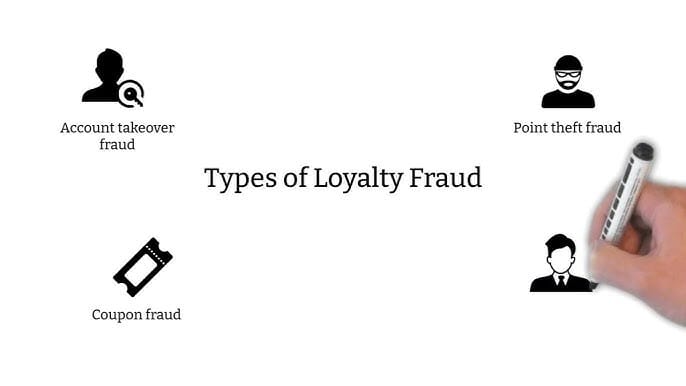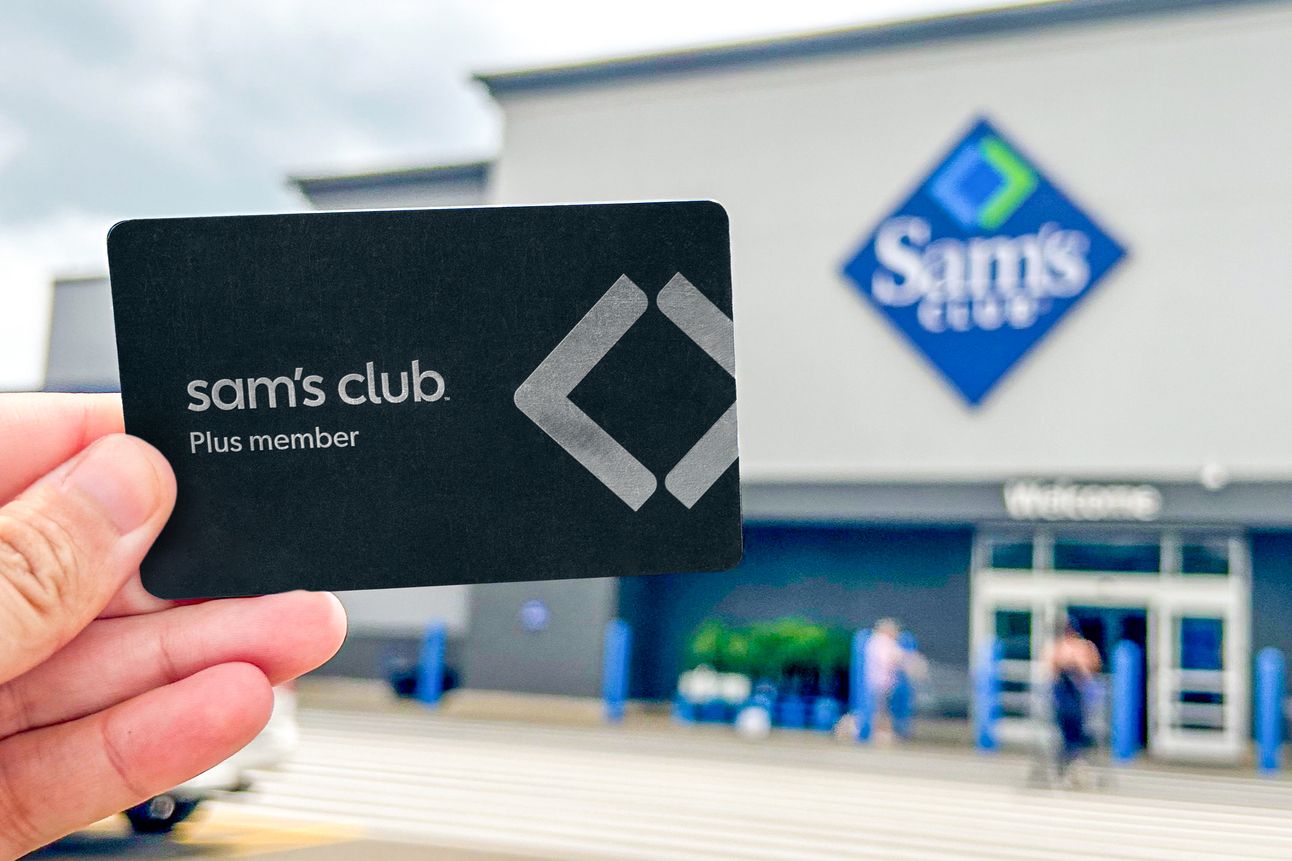- Integrity Report
- Posts
- Integrity Report
Integrity Report
Your Trusted Source for Fraud Prevention Insights

Hot Topics:
Points of Deception: The Rising Threat of Loyalty Fraud

Loyalty programs feel like a fun little game—earn points, score perks, and enjoy the rewards. But have you ever been a victim of loyalty fraud? If so, you’re not alone. According to law enforcement sources, a staggering $3.1 billion in fraudulent points are redeemed each year, costing businesses around $1 billion annually. Even more shocking, in the U.S., an estimated $140 million in loyalty rewards go unused, and 57% of loyalty members don’t check their balances—making them prime targets for fraudsters.
Here are the different types of Loyalty Fraud:
External Fraud – Account takeovers enables fraudsters to redeem or sell points.
Legitimate Member Fraud - Members engage in making substantial point-earning purchases only to cancel them afterward, then proceed to sell their points or deceitfully report them as fraudulent.
Internal Fraud - Employees improperly crediting points to their personal accounts or those of acquaintances, generating fake accounts, and subsequently redeeming the accumulated points.
Fraudulent Programs - Phishing scams that trick customers with messages posing as trusted brands, leading them to fake websites to steal personal information. This data is then used to create fake accounts or hijack real ones.
Preventative Measures for Customers:
Use strong, unique passwords for each loyalty account and update them regularly.
Enable two-factor authentication (2FA) wherever it's offered for an added layer of security.
Regularly check your loyalty account balances to spot any suspicious activity early.
Avoid clicking on links in unsolicited emails or texts—go directly to the official website or app.
Be cautious with personal information and only enter it on verified, secure websites (look for “https” and the padlock icon).
Monitor email and account notifications for unexpected changes or redemption alerts.
Report suspicious activity immediately to the loyalty program provider.
Use a secure internet connection, especially when accessing your account—avoid public Wi-Fi for account logins.
Preventative Measures for Business:
Implement multi-factor authentication (MFA) for customer logins to prevent unauthorized access.
Monitor account activity in real time using fraud detection tools and behavioral analytics.
Set limits on point redemptions and transfers to flag unusual or high-risk transactions.
Conduct regular security audits of loyalty platforms and third-party integrations.
Educate customers about loyalty fraud and how to spot phishing attempts.
Monitor email and account notifications for unexpected changes or redemption alerts.
Restrict access to loyalty account data to only essential personnel with proper security clearances.
Track and investigate anomalies, such as sudden spikes in redemptions or account changes.
Protecting your loyalty points is just as important as guarding your bank account—those rewards have real value. By staying vigilant, using strong security practices, and regularly monitoring your accounts, you can enjoy all the perks of loyalty programs without falling victim to fraud.
Discover key red flags and preventative steps both businesses and customers can take to stay protected—(Click here)
In the News:
Sacramento Man Arrested for $25K Sam’s Club Loyalty Program Fraud

A 38-year-old man was apprehended while attempting to leave Sam’s Club with merchandise purchased using stolen customer rewards points, effectively draining multiple accounts. Following the arrest, detectives executed a search warrant at his residence and uncovered a makeshift shipping operation in his garage, equipped with a computer, shipping labels, and packing materials used to sell the stolen goods online.
Investigators recovered $25,000 worth of merchandise from the property, all fraudulently obtained from Sam’s Club. The suspect has been charged with grand theft and is being held on $250,000 bail. Authorities are actively working to identify and notify the victims whose loyalty accounts were compromised.
To learn more about this case - (Click Here)
Fraud Flixs:
The Inventor: Out for Blood in Silicon Valley - HBO

A 2019 HBO documentary directed by Alex Gibney that chronicles the rise and fall of Elizabeth Holmes, founder of the biotech startup Theranos. The film explores how Holmes, once hailed as the next Steve Jobs, claimed her revolutionary blood-testing technology could run hundreds of medical tests with just a few drops of blood. Despite attracting massive investments and media attention, the technology never worked as promised. Through interviews, archival footage, and insider testimony, the documentary exposes the culture of secrecy, deception, and ambition that enabled one of Silicon Valley’s most infamous frauds. (See Video)
Fraud Quiz:
Test your Knowledge
What is loyalty fraud?
A glitch that erases loyalty points
Unauthorized use of loyalty or rewards points
When a customer forgets to use their points
When a customer forgets to use their points
Scroll down to find out if you got the answer right!
Fraud Facts:
According to Statistica, a leading online statistics portal that provides access to data on a wide range of topics from over 22,500 sources. …
27% of online FRAUD is related to Loyalty Programs
The Final Word:
Fraud Quiz Answers
The answer is #2 - Loyalty fraud is the unauthorized use, theft, or manipulation of loyalty or rewards program accounts, typically to steal points, miles, or benefits for personal gain. It often involves tactics like phishing, account takeovers, or creating fake accounts to exploit program vulnerabilities.
At MPR Group LLC, our Investigation and Anti-Fraud experts are here to help you spot the red flags before they become costly problems. From proactive risk assessments to discreet internal investigations, we empower your business to stay one step ahead of fraud—because prevention is always better than damage control.
Let us protect what you’ve worked so hard to build.
Reply